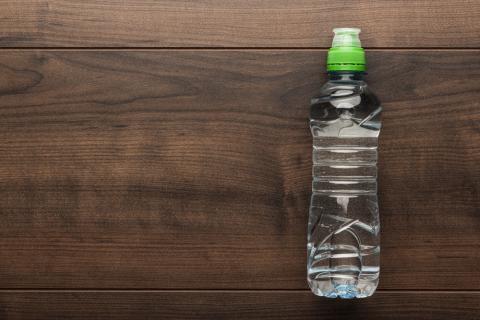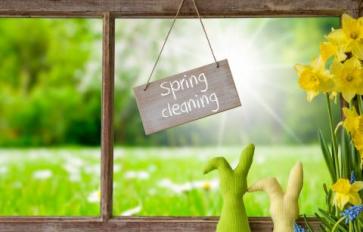
Have you seen those itty-bitty plastic bottled waters that can be consumed in one giant gulp? Anyone who has gone for a hike, done a workout routine, or was even remotely thirsty understands the impracticality of a plastic bottle that size. That 8 ounces of water will not suffice your body's need for hydration. So how about a bigger plastic bottled water? As absurd as that small bottle is, the bigger versions are no better. While you may see buying bottled water as a quick fix, the truth of the matter is: that quick fix has a lasting negative impact on the environment and your health.
The production of bottled water increases our carbon footprint much more than you may initially think. More water is used in the production process than what is actually produced. Not exactly efficient. Several big companies continue to bottle this precious resource in drought-stricken areas, along with other unethical business practices. The production, transportation, and recycling of plastic bottled water sold in one year can require an estimated 17 million barrels of oil. And sadly, not all the plastic bottles are, or can be, recycled.
Each plastic bottle contains a number that is representative of what type of plastic it is made of. Most are a thin plastic which fall under code 1. This bottle is recyclable, while some of the thicker plastics with different numbers may not be. The unlucky bottles that get tossed in the trash or littered will spend the next hundreds of years decomposing. These bottles pose a threat to wildlife and soil alike. Many marine animals as well as birds wind up mistaking the plastic for food, thus causing serious health issues or death. The 86% of bottles that manage to litter the earth can leech chemicals into our soil, and in turn, wind up back in our water source.
The idea that plastic bottled water is safer than tap water is a misconception. The chemicals inside the plastic can seep into the very water you are drinking. PET, polyethylene terephthalate, is a chemical found in water bottles with code 1. The danger with this type of plastic is it is difficult to clean. If you are in the habit of refilling these bottles, think twice. Bacteria seep their way into this plastic and stay, despite your washing attempts. If you have left a bottle in your car or it has been sitting in the hot sun, do not drink it. These bottles pose a threat as the heat increases the ability of the chemicals to find their way into the water.
Probably the most talked about health concern with plastic bottled water is BPA. BPA, bisphenol, is found in plastic with code 7. Studies have been done to test the toxicity level and effects BPA can have on human health. Low birth rates, attention disorders in children, heart problems and cancer have been linked to BPA.
Plastic bottled water poses a threat to the environment and human health. As long as there is a profitable demand for the product, companies will continue to sell. The best defense against the dangers is by refusing to buy. Use a BPA-free refillable water bottle instead. An insulated stainless steel bottle is ideal. It will keep the water cold and does not pose the health concerns that plastic does. Carrying around a refillable bottle will save money, encourage you to hydrate, and reduce your carbon footprint.
Educate yourself. By gaining knowledge and increasing awareness, we can all work together to reduce our carbon footprint.








